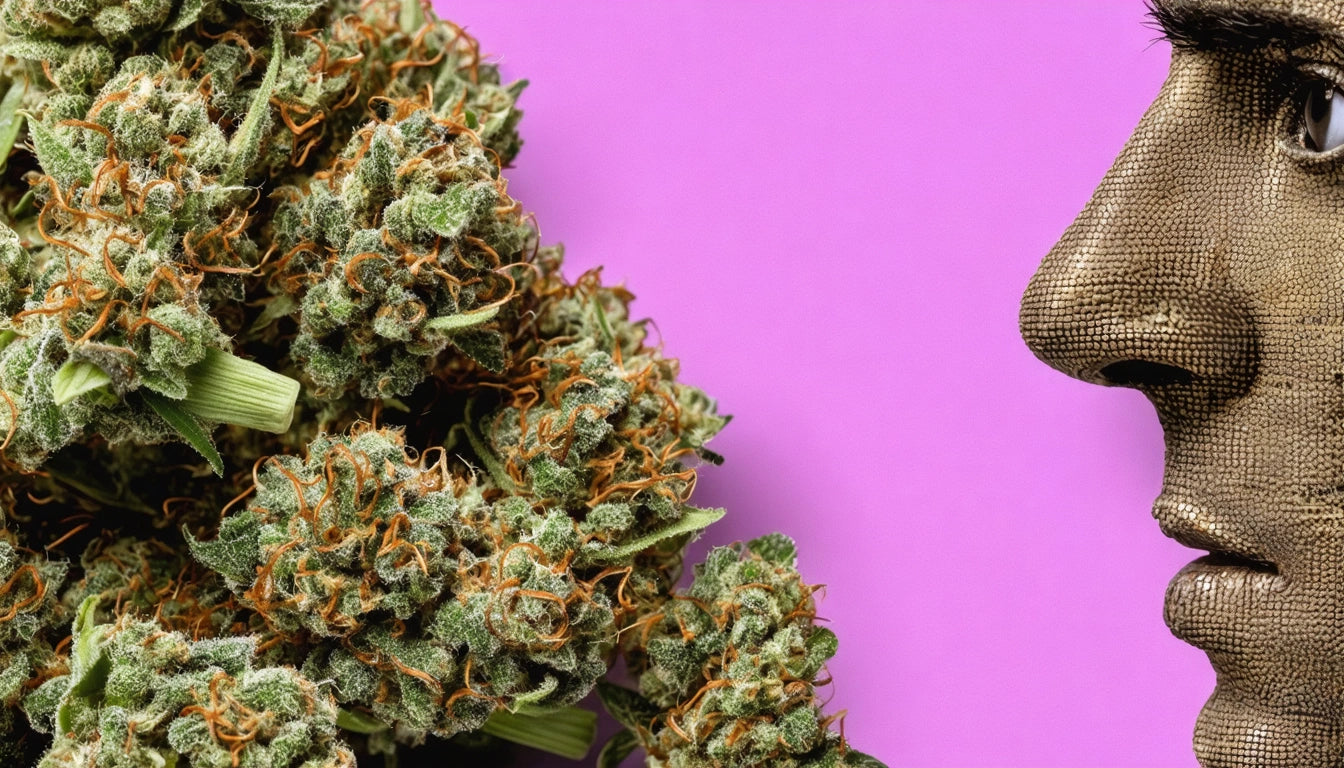- Current Status of Cannabis Legalization in the US
- Political Landscape Shaping Federal Legalization
- Economic and Social Impacts of Federal Cannabis Legalization
- Obstacles to Federal Legalization
- Timeline Predictions: When Will Weed Be Federally Legal?
- Preparing for Federal Legalization: Industry Readiness
The Future of Federal Weed Legalization in the United States
The question "will cannabis ever be federally legal" continues to spark debate across America. With state-by-state legalization creating a patchwork of regulations, the cannabis industry operates in a complex legal environment while anticipating potential federal reform. Understanding the trajectory toward possible nationwide legalization requires examining current laws, political factors, and industry developments that will shape cannabis policy in the coming years.
Current Status of Cannabis Legalization in the US
The United States currently maintains a divided approach to cannabis regulation. While federal law classifies marijuana as a Schedule I controlled substance, individual states have implemented their own legalization frameworks:
- 23 states plus Washington D.C. have legalized recreational cannabis
- 38 states permit medical marijuana use
- Only three states maintain complete prohibition with no medical or recreational programs
This state-level progress has created momentum, with recreational cannabis legalization expanding to new regions each election cycle. However, federal prohibition continues to create significant challenges for businesses, including banking restrictions, interstate commerce barriers, and tax complications under Section 280E of the Internal Revenue Code.
Political Landscape Shaping Federal Legalization
Congressional Action and Reform Bills
Several legislative proposals have emerged in Congress, including:
- The MORE Act (Marijuana Opportunity Reinvestment and Expungement Act)
- The Cannabis Administration and Opportunity Act
- The SAFE Banking Act
While these bills represent significant steps toward reform, none have successfully passed both chambers of Congress. The political divide on cannabis remains, though support has gradually increased across party lines. According to Gallup polling, approximately 70% of Americans now support cannabis legalization, including majority support among both Democrats and Republicans.
Executive Branch Influence
Presidential administrations significantly impact federal cannabis policy. The question of whether future presidents will legalize marijuana depends on both their personal stance and political calculations. Recent administrations have shown varying approaches, from strict enforcement to a more hands-off policy allowing states to implement their own cannabis laws.
Economic and Social Impacts of Federal Cannabis Legalization
The potential federal legalization of cannabis would transform multiple aspects of American society and business:
Economic Benefits
Federal legalization would create substantial economic opportunities:
- Job creation across cultivation, manufacturing, retail, and ancillary services
- Tax revenue generation at federal, state, and local levels
- Reduced law enforcement and incarceration costs
- New agricultural and manufacturing industries in previously restricted regions
Industry analysts project the legal cannabis market could exceed $100 billion annually following federal legalization, creating hundreds of thousands of new jobs.
Social Justice Reform
A key component of most federal legalization proposals includes addressing the social harms of cannabis prohibition:
- Expungement of prior cannabis convictions
- Reinvestment in communities disproportionately impacted by the War on Drugs
- Equity programs to ensure diverse participation in the legal industry
These social justice provisions have become increasingly central to legalization discussions, reflecting growing recognition of the unequal enforcement of cannabis laws across racial and socioeconomic lines.
Obstacles to Federal Legalization
Despite growing support, several significant barriers remain before cannabis will be federally legal:
International Treaty Obligations
The United States is signatory to international drug control treaties that classify cannabis as a controlled substance. Federal legalization would require addressing these treaty obligations through renegotiation or withdrawal.
Scientific Research Limitations
Federal prohibition has restricted cannabis research, creating a circular problem: limited research impedes regulatory decisions, while regulatory restrictions limit research. Expanding research opportunities is essential for evidence-based policy development.
Cannabis businesses face unique operational challenges under prohibition, including maintaining proper storage conditions for their products. Many rely on specialized humidity control solutions to preserve product quality while navigating complex regulatory requirements across different jurisdictions.
Industry Standardization
The fragmented state-by-state approach has created inconsistent standards for testing, labeling, and product safety. Federal legalization would need to address how to harmonize these standards while respecting state-level frameworks already in place.
Timeline Predictions: When Will Weed Be Federally Legal?
Experts offer varying predictions on when marijuana will be federally legal in the United States:
- Optimistic view: 2-4 years, with incremental reforms like banking access and rescheduling occurring first
- Moderate view: 5-8 years, following additional state legalizations and generational shifts in Congress
- Conservative view: 10+ years, with full federal legalization potentially requiring significant political realignment
Most industry observers expect a phased approach rather than immediate full legalization, with initial reforms focused on banking access, research expansion, and possibly rescheduling cannabis under the Controlled Substances Act before comprehensive legalization.
Preparing for Federal Legalization: Industry Readiness
As the cannabis industry continues to mature, businesses are positioning themselves for potential federal legalization through several strategies:
- Building scalable operations that can quickly expand across state lines
- Developing standardized practices that anticipate federal compliance requirements
- Creating brands with national appeal and recognition
- Forming strategic partnerships across different segments of the industry
The history of cannabis legalization shows steady progress despite setbacks, suggesting federal reform will eventually occur. Whether through comprehensive legislation or incremental changes, the trajectory points toward eventual federal recognition of cannabis as a legal, regulated substance.
While the question of when will the federal government legalize weed remains open, the cannabis industry continues to evolve and expand within the current legal framework, creating infrastructure and momentum that will shape the eventual federal approach to regulation.











Leave a comment
All comments are moderated before being published.
This site is protected by hCaptcha and the hCaptcha Privacy Policy and Terms of Service apply.